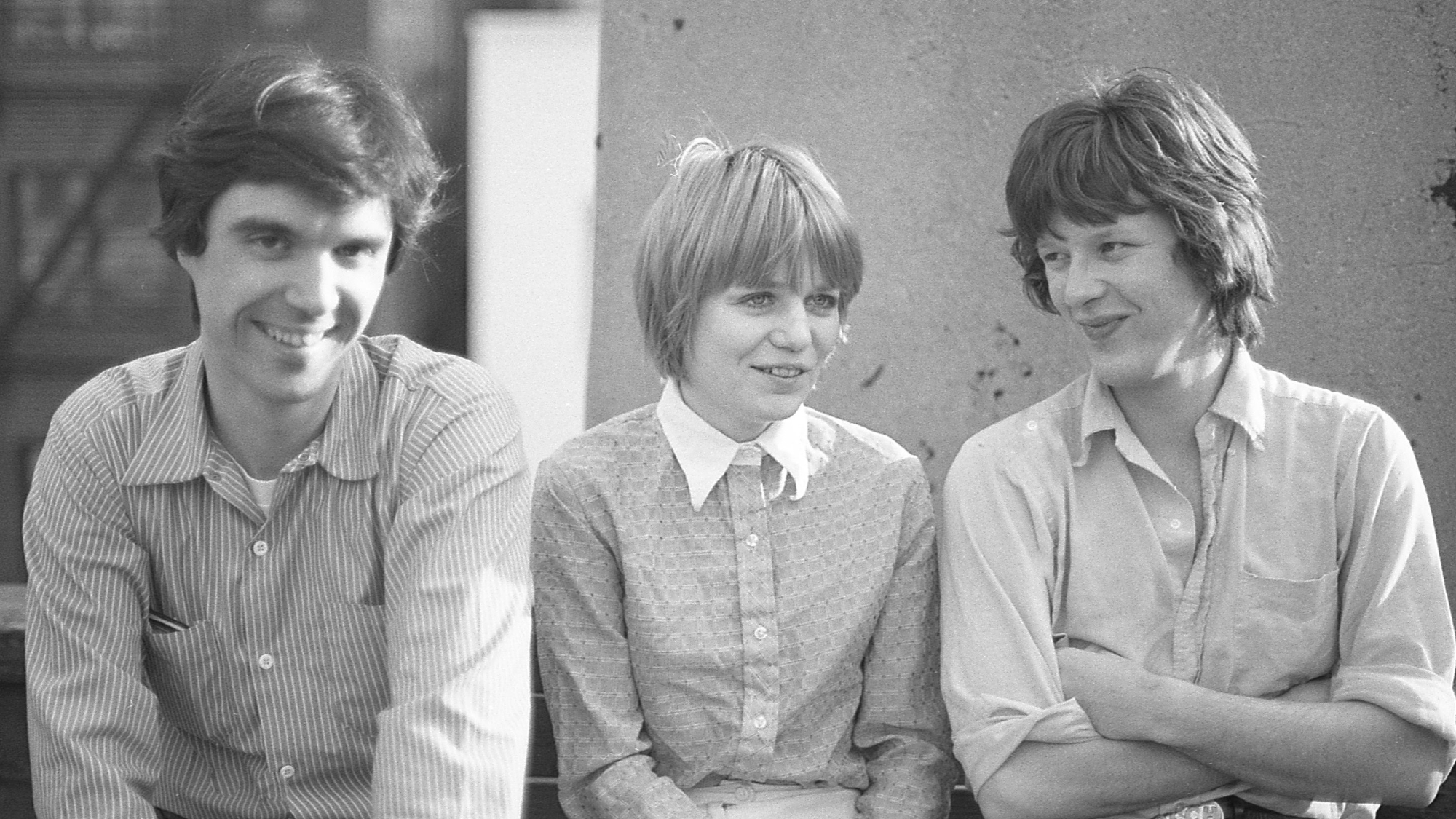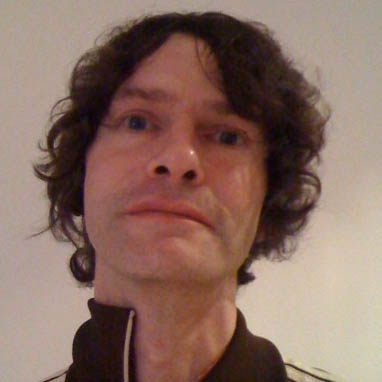“I don’t know what he was thinking, but he went into the little kitchen behind the control room and returned with a carving knife”: How David Byrne, Tina Weymouth and Chris Frantz created a sinister new wave classic
With some help from a carving knife

David Byrne kicked off an extensive world tour in support of his Who Is The Sky? album on Tuesday night in Pittsburgh and amongst a liberal sprinkling of Talking Heads classics in the setlist was one that he hadn’t performed for nearly two decades: Psycho Killer.
The song has a totemic place in the careers of both Byrne and the band. It was the first song the group – then just Byrne, Chris Frantz and Tina Weymouth - wrote when they were still The Artistics.
It was the first Talking Heads hit single and, famously, it provides an unforgettable opening to the Stop Making Sense concert film; Byrne walking onto an empty stage, playing an acoustic guitar with a portable cassette player by his side.
The bulk of the material on the band’s first album Talking Heads 77, which was reissued in a super deluxe edition last year, was written by Byrne alone. But Psycho Killer was a true collaboration with all three Heads contributing.
It dates back to when the band, then still at Rhode Island School of Design, were preparing for their debut gig in the winter of 1973/1974.
Talking to Fresh Air on NPR in November 2023, Byrne remembers it as “an experiment to see if I could write a song.” The initial idea was to cross Alice Cooper with Randy Newman.
“I thought I'd have the kind of dramatic subject that Alice Cooper might use, but then look at kind of an interior monologue, the way Randy Newman might do it. And so I thought, let's see if we can get inside this guy's head.
Want all the hottest music and gear news, reviews, deals, features and more, direct to your inbox? Sign up here.
"So we're not going to talk about the violence or anything like that, but we'll just get inside this guy's kind of muddled-up, slightly twisted thoughts.”
Chris Frantz, speaking to The Vinyl District in 2021 remembers the day Byrne presented his bandmates with his idea: “One day Tina and I were painting,” he recalled. “There was a knock on the door and it was David.
"He said, I’ve got a song, it’s pretty cool, it’s sort of based on the style of Alice Cooper. And I thought, wow! Because Alice Cooper was the No. 1 hit artist of the time, he had hit big with Billion Dollar Babies and songs like that.
"So David sat down in our studio with his little acoustic guitar—a very beat-up, funky, guitar that had paint splatters on it. And he started to play:
I can’t seem to face up to the facts
I’m tense and nervous and I can’t relax
I can’t sleep ‘cause my bed’s on fire
Don’t touch me cause I’m a real live wire."
Byrne envisaged the bridge part spoken in a foreign language. He asked a Japanese student to contribute some lyrics, but when Byrne told her the song title, she turned him down flat.
Tina Weymouth though knew some French and wrote the lyrics from the perspective of a Norman Bates-style character. Their English translation is:
What I did that night
What she said that night
Realising my hopes
I launch myself towards a glorious destiny.
“The voice of a true psycho killer speaking,” Chris Frantz wrote in his memoir Remain In Love.
Meanwhile, the drummer came up with the verse that starts: ‘You start a conversation, you can’t even finish it’ and before they knew it the trio had come up with something that, in Frantz’s words, sounded “like a mash-up of the Velvet Underground and Otis Redding.”
The song would be a staple of the band’s set through their evolution into Talking Heads and throughout their CBGB years. But when it came to recording the track for their debut album, producers Tony Bongiovi and Lance Quinn thought Byrne’s vocals on the track needed a little something extra.
“Tony was bugged by David’s singing style,” wrote Frantz. “I don’t know what he was thinking, but he went into the little kitchen behind the control room and returned with a carving knife.
"With great seriousness, he told David to get into character and to hold the knife in his hand while singing the words. In the control room, jaws with dropping.”
“David said ‘No that’s not going to work.’ We decided to take a break. David told us he could not sing with Tony in the room and wanted Ed (Stasium, engineer) to kick him out of the studio. Ed had another idea.
"He said ‘Why don’t we try moonlighting when Tony isn’t around? You know, before he gets here or after he leaves.’ That was agreeable to all and Tony never even knew the difference.”
The album was released in September 1977 and in December, Psycho Killer was pulled from it as a single. It was a Top 20 hit in the Netherlands and Belgium and reached No 92 in the US Billboard chart, a not inconsiderable achievement for a still-largely unknown band in a genre (new wave) that had yet to make any sort of national impact.
Its success may have been helped by its timing. The serial killer David Berkowitz (aka Son Of Sam) had terrorised New York that summer and so the subject matter was still in people’s thoughts. Many simply assumed it had been written about Berkowitz, even though it had been penned nearly four years previously.
There have been many Psycho Killer covers, by artists as diverse as Velvet Revolver, Wet Leg, Miley Cyrus and Duran Duran. Selena Gomez sampled Tina Weymouth’s prowling bassline on her 2017 hit Bad Liar and Ice T admitted in his memoir that it was a direct inspiration for his controversial track Cop Killer.
Over the years Byrne himself has played down its importance, but arguably it gave him – and Talking Heads – a career. Perhaps then, it’s not surprising its co-writer has revived it in his current live show, like the titular killer returning to the scene of their crime.

Will Simpson is a freelance music expert whose work has appeared in Classic Rock, Classic Pop, Guitarist and Total Guitar magazine. He is the author of 'Freedom Through Football: Inside Britain's Most Intrepid Sports Club' and his second book 'An American Cricket Odyssey' is due out in 2025.
You must confirm your public display name before commenting
Please logout and then login again, you will then be prompted to enter your display name.
